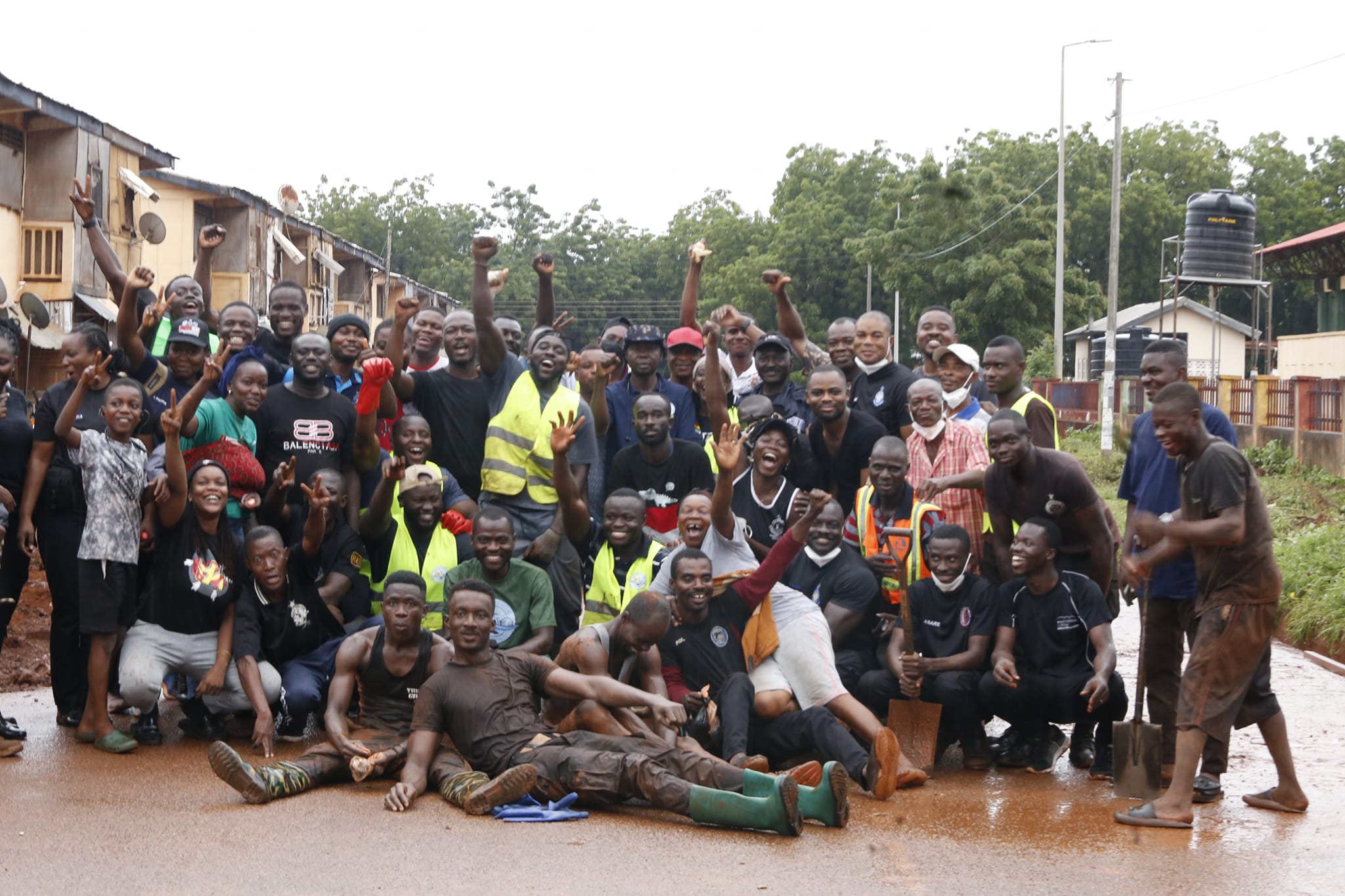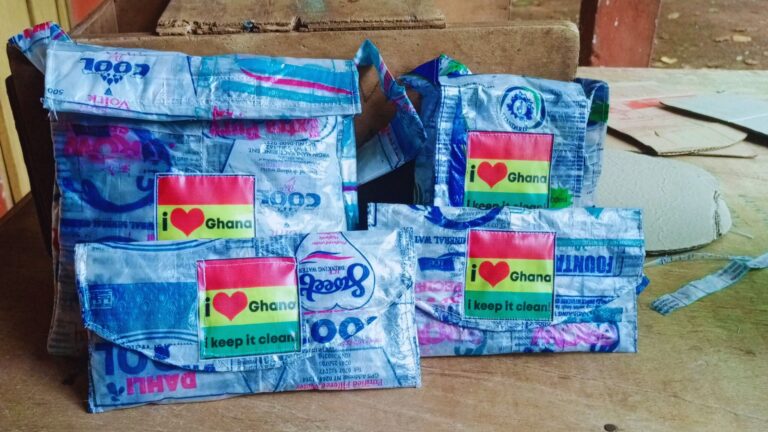
Plastic Repurposing Initiative
This project addresses plastic pollution by organizing town cleanups, collecting and aggregating plastic waste, and repurposing it into marketable products. These products are sold to generate income for community members, including marginalized groups such as physically challenged individuals, young women, and those with Down syndrome. In addition to being sold, some of these repurposed products are also donated to the community, providing further social benefits. The project promotes environmental sustainability while fostering inclusivity by providing skills training and creating a safe space for their active participation. Through this initiative, we aim to reduce plastic waste while empowering marginalized groups to contribute to both environmental and economic progress.
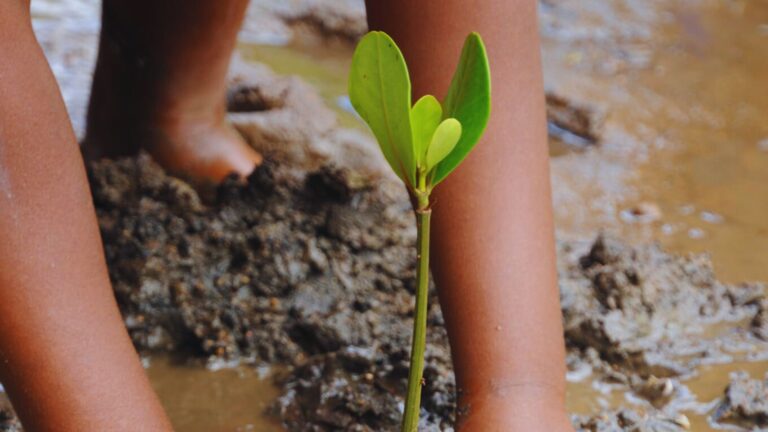
Environmental Conservation
This project focuses on protecting Ghana's diverse ecosystems through reforestation, marine conservation, wildlife preservation, and sustainable land management practices. A key component includes supporting communities in establishing tree nurseries and conducting regular tree planting activities. The project also emphasizes mitigating human-wildlife conflict by promoting coexistence strategies. Through active engagement with local communities and stakeholders, the project aims to restore degraded habitats, protect endangered species, and ensure long-term environmental sustainability.
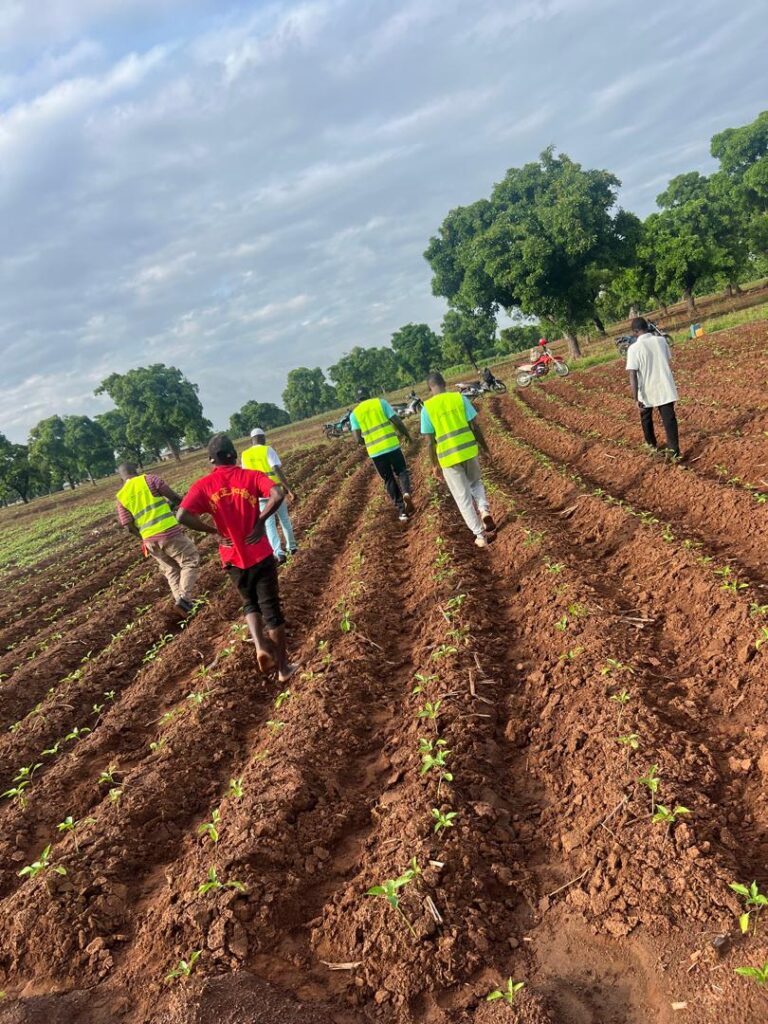
Sustainable Agriculture Program
This project supports local farmers by promoting sustainable agricultural practices that enhance food security and improve livelihoods. It focuses on empowering communities with skills and knowledge in agriculture, with particular attention to addressing challenges in post-harvest management and supporting economic resilience. Ongoing initiatives aim to strengthen farmers' capacity while encouraging youth engagement in the sector through targeted training and development programs
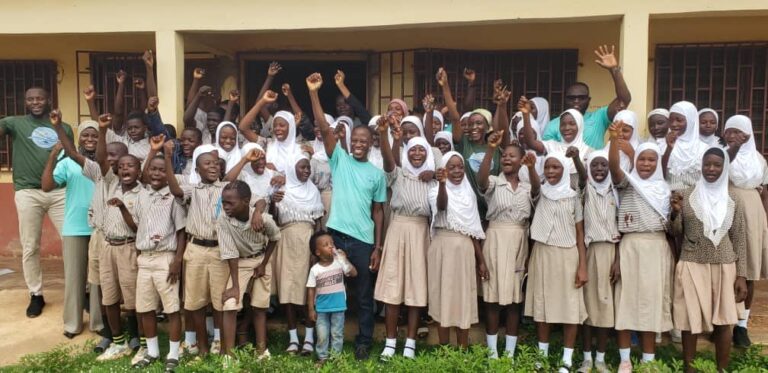
Environmental Clubs
This program is dedicated to fostering a culture of environmental stewardship among both youth and adults. Through targeted sensitization campaigns, tailored training sessions, and workshops, it builds awareness on key environmental issues. EEA has already formed environmental clubs in several schools, nurturing future generations to take an active role in conservation from an early age. By engaging the broader community, the program promotes sustainable practices, empowering individuals to become proactive environmental advocates and ensuring long-term commitment to the protection and preservation of natural resources.
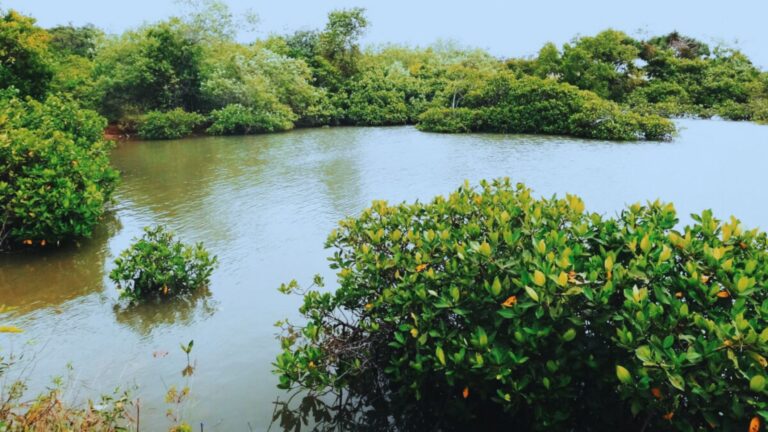
Tourism Development
This project promotes responsible tourism practices that benefit local communities while preserving Ghana’s natural and cultural heritage. By developing eco-tourism initiatives, the project aims to create sustainable income opportunities for local communities through activities such as guided nature walks, wildlife viewing, and cultural tours. These efforts not only raise awareness about environmental conservation but also support the local economy, ensuring that tourism positively impacts both the environment and the people.

